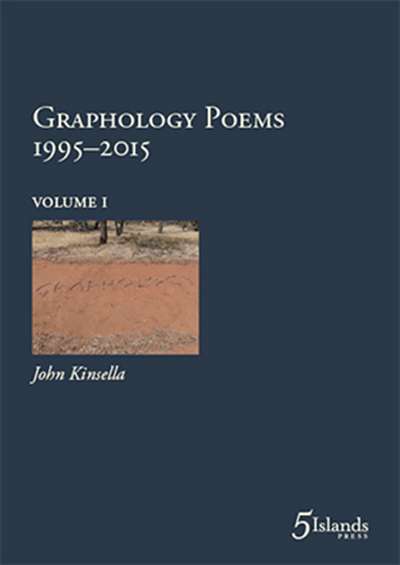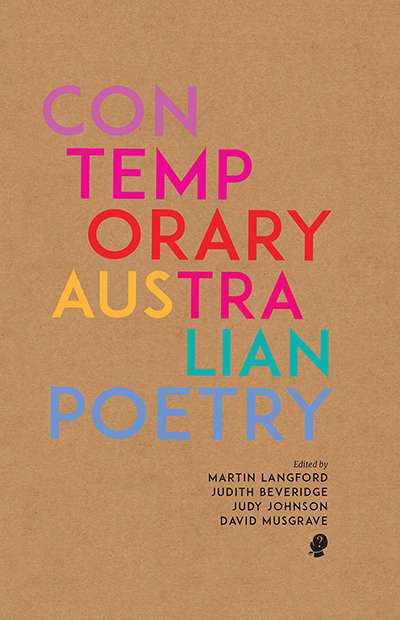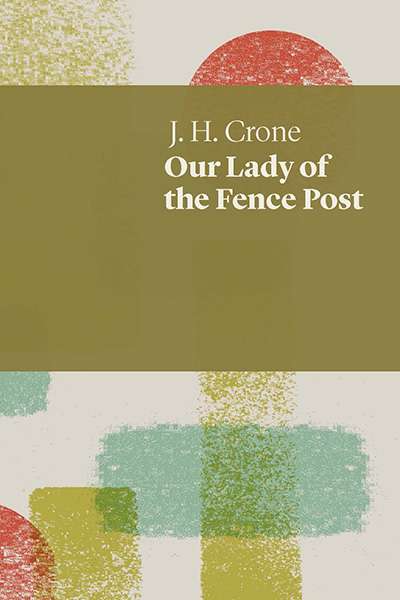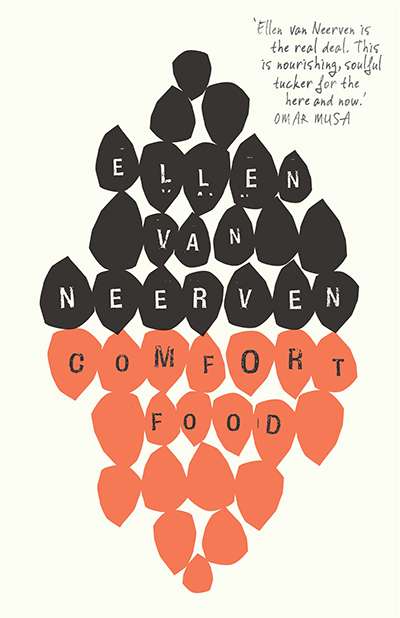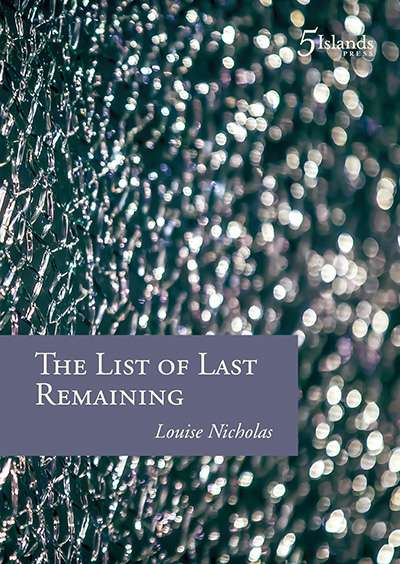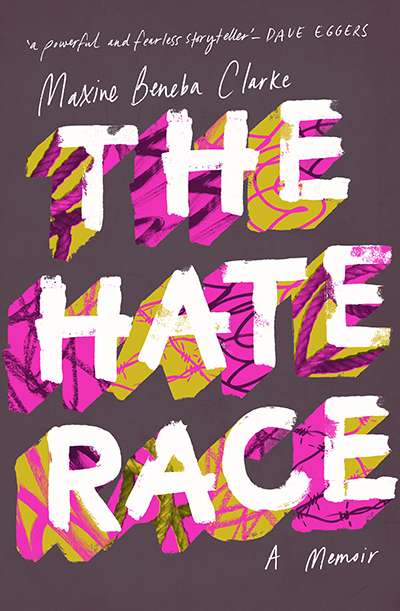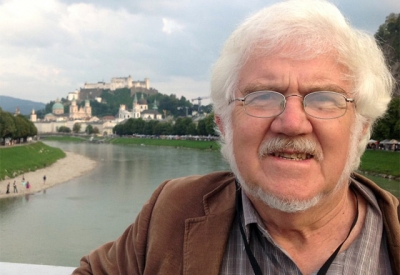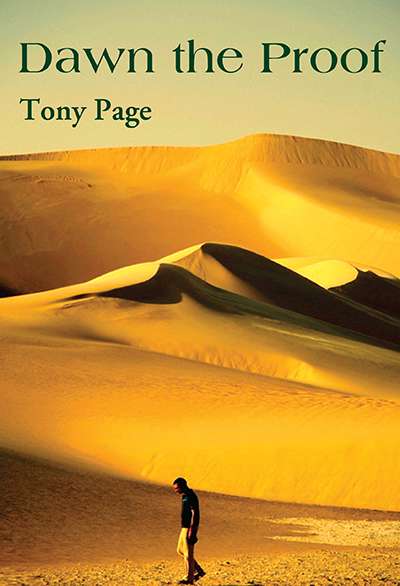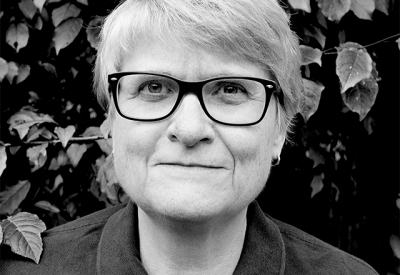Australian Poetry
Contemporary Australian Poetry edited by Martin Langford et. al.
The Hate Race by Maxine Beneba Clarke & Carrying the World by Maxine Beneba Clarke
Public oratory and prose fiction both need a significant degree of rhythm, but for almost all poetry (including free verse) rhythm is indispensable. Both genres use the 'sound effects' of assonance, alliteration, etc., but verbal music is more important to poetry than to prose.
... (read more)Lucas Smith reviews 'She Woke & Rose' by Autumn Royal, 'Lake' by Claire Nashar, 'Common Sexual Fantasies, Ruined' by Rachel Briggs, 'Spelter to Pewter' by Javant Biarujia, 'Koel' by Jen Crawford, and 'Broken Teeth' by Tony Birch
A new poetry press in Australia should always be greeted with joy, and then interrogated with rigour. These six volumes from the recently created book arm of Cordite Poetry ...
... (read more)Poetry is, usually, shorter, and, in many but not all cases, the lines turn. I've become less attached to prose, especially prose that pretends to 'the poetic'. I'd rather read a book that's prosaic, in the true sense, than a 'poetic' novel. Some prose is poetry, of course, but not because it's poetic. I won't even start on hybrid works.
... (read more)
